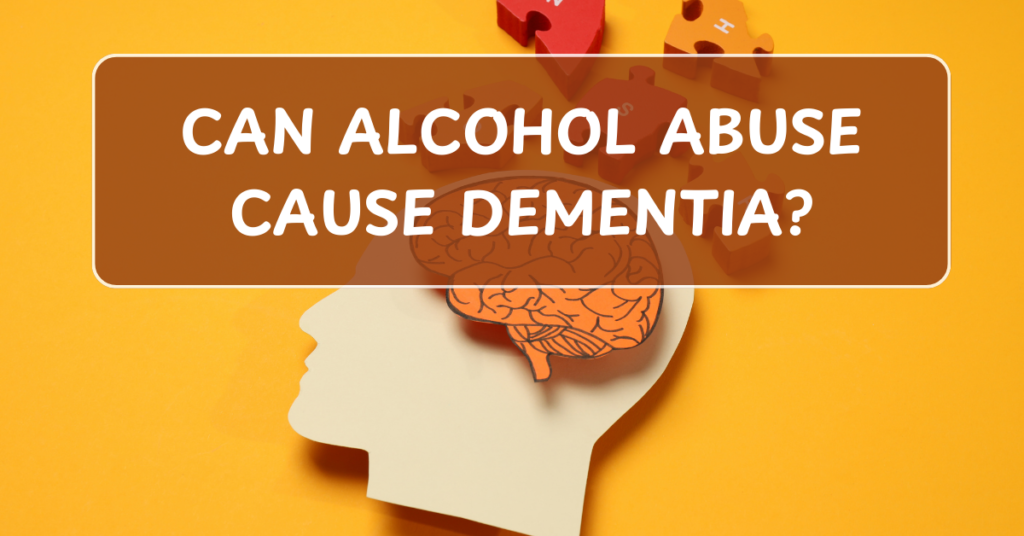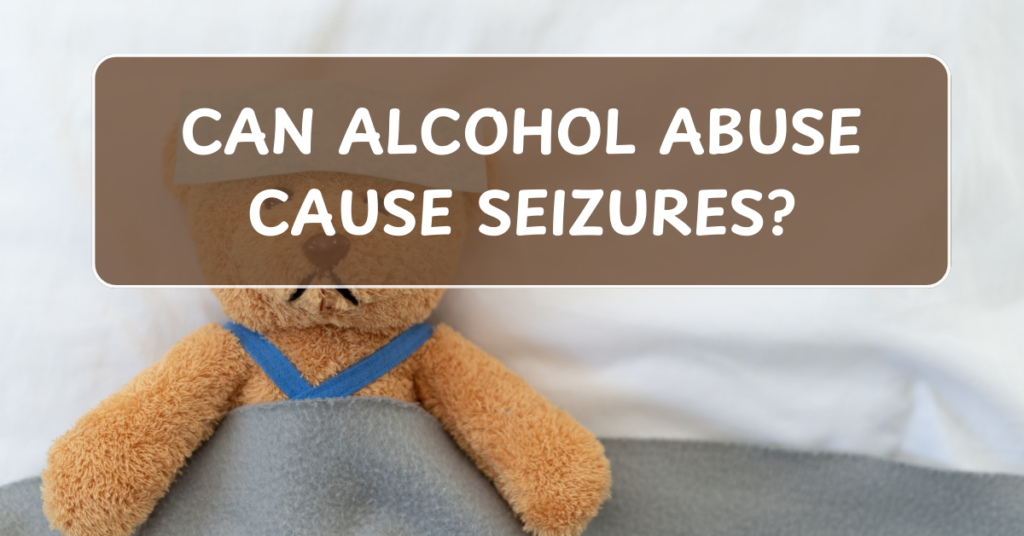
Yes, alcohol abuse can cause dementia. Excessive and prolonged alcohol consumption is a significant risk factor for cognitive decline and certain types of dementia. One form, in particular, known as alcohol-related dementia (ARD) or alcohol-induced neurocognitive disorder, is directly associated with heavy drinking. Here’s an in-depth look at how alcohol abuse impacts brain health and its connection to dementia.
1. Understanding Alcohol-Related Dementia (ARD)
ARD is a condition where chronic alcohol abuse leads to brain damage, affecting memory, decision-making, learning, and other cognitive functions. Unlike other forms of dementia, ARD often results from the toxic effects of alcohol on brain cells and the nutritional deficiencies associated with heavy drinking.
2. Wernicke-Korsakoff Syndrome (WKS)
One of the most well-known conditions linked to alcohol abuse and dementia-like symptoms is Wernicke-Korsakoff Syndrome, often referred to as “alcoholic dementia.”
- Wernicke’s Encephalopathy: Caused by a severe deficiency in thiamine (vitamin B1), this condition leads to confusion, lack of coordination, and vision problems. It can be reversible if treated early.
- Korsakoff Syndrome: If Wernicke’s Encephalopathy is untreated, it can progress to Korsakoff Syndrome, characterized by severe memory loss, difficulty forming new memories, and confabulation (filling memory gaps with fabricated information).
3. Direct Effects of Alcohol on the Brain
Heavy alcohol consumption damages the brain in several ways:
- Neurotoxicity: Alcohol is toxic to brain cells, leading to cell death and shrinkage of brain regions such as the frontal lobe, which is responsible for decision-making and memory.
- Impaired Neurotransmission: Chronic alcohol use disrupts the balance of neurotransmitters, impairing communication between brain cells.
- Inflammation: Alcohol can cause brain inflammation, leading to further damage over time.
4. Indirect Effects of Alcohol Abuse
In addition to direct toxicity, alcohol abuse can contribute to dementia through indirect mechanisms:
- Nutritional Deficiencies: Alcohol interferes with the absorption of essential nutrients, particularly thiamine, which is critical for brain health.
- Liver Damage: Conditions like cirrhosis can lead to hepatic encephalopathy, where toxins build up in the brain due to liver dysfunction, causing confusion and cognitive decline.
- Increased Risk of Stroke: Chronic alcohol use raises the risk of strokes, which can damage brain regions responsible for cognitive functions.
5. Is Alcohol-Related Dementia Reversible?
Unlike some other forms of dementia, alcohol-related dementia may improve with early intervention. Factors that can influence recovery include:
- Cessation of Alcohol Use: Stopping alcohol consumption can prevent further brain damage and allow for some degree of recovery.
- Nutritional Support: Addressing deficiencies, particularly thiamine, can reverse or halt the progression of conditions like Wernicke-Korsakoff Syndrome.
- Rehabilitation and Therapy: Cognitive rehabilitation and therapy can help patients relearn skills and improve memory.
6. Increased Risk of Other Dementias
Alcohol abuse also increases the risk of other types of dementia, such as:
- Vascular Dementia: Alcohol raises blood pressure and the risk of strokes, which can lead to cognitive decline.
- Alzheimer’s Disease: Although the exact link is unclear, excessive alcohol consumption has been associated with an increased risk of Alzheimer’s.
Conclusion
Alcohol abuse is a major contributor to cognitive decline and can directly lead to conditions like alcohol-related dementia or Wernicke-Korsakoff Syndrome. While some effects may be reversible with early intervention, prolonged alcohol abuse often results in permanent brain damage. If you or someone you know is struggling with alcohol abuse and its cognitive effects, seeking professional help is essential for managing the condition and improving quality of life.


